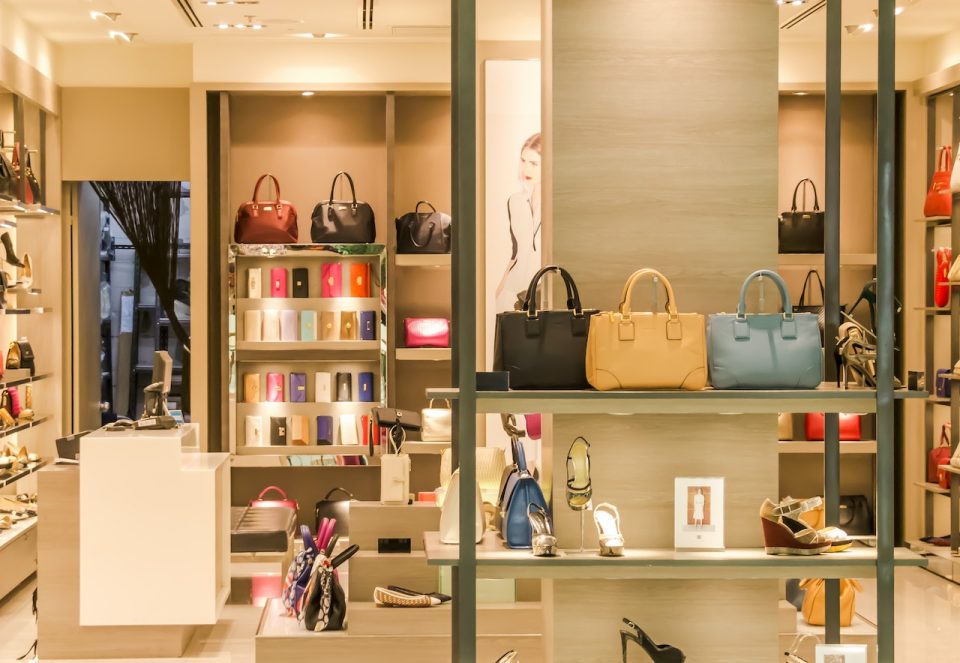Leading luxury handbag manufacturer Tapestry Inc. faced headwinds in its latest financial quarter as the demand for its upscale handbags dwindled in the United States. The Q4 performance report of Tapestry, released on Thursday, revealed adjusted earnings of 78 cents per share, falling short of analysts’ projections which had anticipated earnings of 97 cents.
The fiscal year 2024 net sales forecast provided by Tapestry also missed the mark, coming in slightly below the expectations set by financial analysts. This underperformance has been attributed to the wavering landscape of the ‘accessible luxury’ sector, which has been adversely affected by reduced spending power among Americans due to the escalating cost of living and persistent inflation pressures.
Tapestry CEO Joanne Crevoiserat acknowledged the strain on the lower income demographic, highlighting that this segment is feeling the pressure of economic constraints and is exercising more careful discretion in their spending habits. She further underscored the company’s strategic approach to cater to this evolving consumer behavior.
China emerged as a beacon of hope for Tapestry as it looks to navigate through these turbulent times. The company is banking on a rebound in demand from the Chinese market, which Crevoiserat referred to as a “highly profitable region.” This shift in focus towards the East aligns Tapestry with its luxury counterparts such as Ralph Lauren, LVMH, Kering – the parent company of Gucci, and Canada Goose, all of whom have pointed to the challenges posed by the North American consumer environment.
The Q4 earnings report of Tapestry also unveiled significant declines in revenue for its subsidiaries, Kate Spade and Stuart Weitzman, experiencing drops of 10% and 13% respectively over the past year. TD Cowen analyst Oliver Chen attributed Kate Spade’s sluggish performance partly to its heavier exposure to the North American market.
Insider Intelligence analyst Rachel Wolff shed light on another factor that contributed to Tapestry’s profitability struggles – the formidable impact of a strong U.S. dollar. This influence has rippled through various American brands and retailers, creating an additional hurdle for Tapestry to overcome.
In a bold move to counter these challenges and expand its global market share, Tapestry recently announced its intention to acquire its rival, Capri, the parent company of Michael Kors. The acquisition, valued at a substantial $8.5 billion, signifies Tapestry’s ambitious push to challenge larger European competitors in the fiercely competitive luxury market. While the fiscal projections for 2024 remain slightly subdued, Tapestry anticipates that this strategic acquisition will pave the way for sustainable long-term growth.
For the upcoming fiscal year, Tapestry has provided an adjusted earnings guidance ranging from $4.10 to $4.15 per share, a figure that falls short of Refinitiv IBES estimates which had pegged earnings at $4.24 per share. Following the release of the financial results, Tapestry’s stock witnessed marginal declines amidst a backdrop of volatile trading.
Tapestry’s lower-than-anticipated quarterly results serve as a poignant reflection of the challenges the luxury sector is grappling with in light of diminished consumer spending power in the United States. As the company looks to the future, it is placing its bets on China’s resurgence as a crucial driver of growth, while concurrently pursuing its strategic acquisition of Capri to fortify its competitive edge in the global luxury arena.
Source: Reuters

